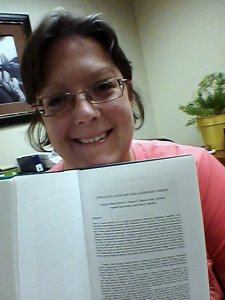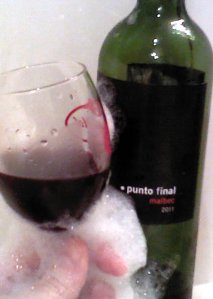I have enjoyed teaching since I went to China in the mid-90s with an English as a Second Language program, and I was grateful for the chance to return to the classroom last semester and teach a state government class through our local community college. This semester, I’m teaching federal government, and I’m pleased to report that I learned all 23 students’ names (first names, that is) in the second week. 🙂
Things have really seemed to click this fall, and I think the students are enjoying the class. Because I realize that telling the students that we’re going to spend a week and a half discussing the U.S. Constitution could make their eyes glaze over, I’ve been trying to think of ways to keep the material fresh and relevant. Since day one, I’ve tried to convey to the students that this subject matter is important because it influences every aspect of our lives, and if they pay attention to the world around them, then they’ll begin to recognize ways in which order and liberty are in balance (or in contrast).
So, I began class on Tuesday with a little heavy metal. 😉
I played “The Pride” by Five Finger Death Punch as I passed out last week’s quizzes, and then we talked about some of the issues raised by the song. We considered lines like: “I’m not selling out; I’m buying in,” and the tongue-in-cheek jab at greed in a capitalistic system, then looked at the FBI Piracy Warning on the CD case and discussed the ways that certain government regulation can actually protect the free market. We talked about the line: “I am what you fear most …” regarding the no-holds-barred chaos of anarchy and what it might look like if we really could do whatever we wanted.
Then, we looked at the seven articles of the Constitution and talked about why the founders agreed on a bi-cameral legislature (which was a compromise on how to represent the people), why the executive branch is kept in check by the other houses (and vice versa), and why the states retained so much power (because many feared a too-strong national government but also didn’t want the masses to rise up in defiance, either).
Tomorrow, we’ll wrap things up and talk about the Bill of Rights and other amendments.

